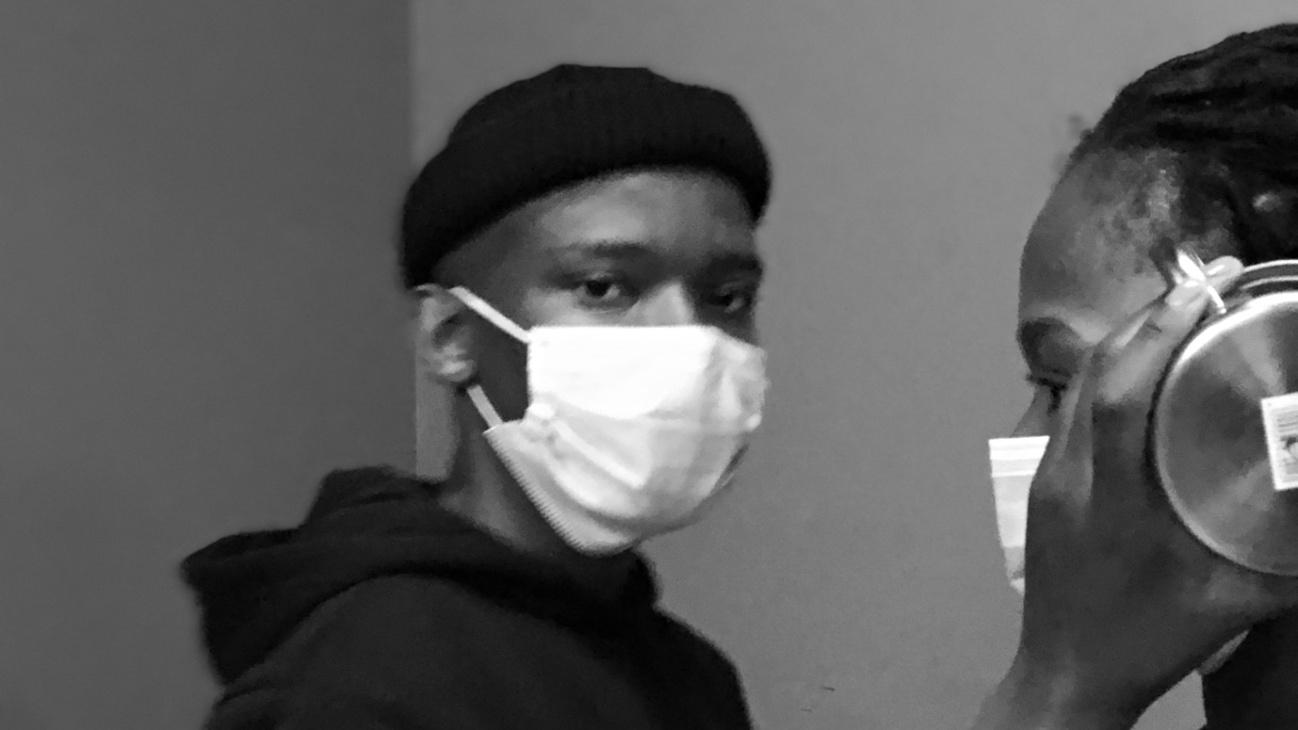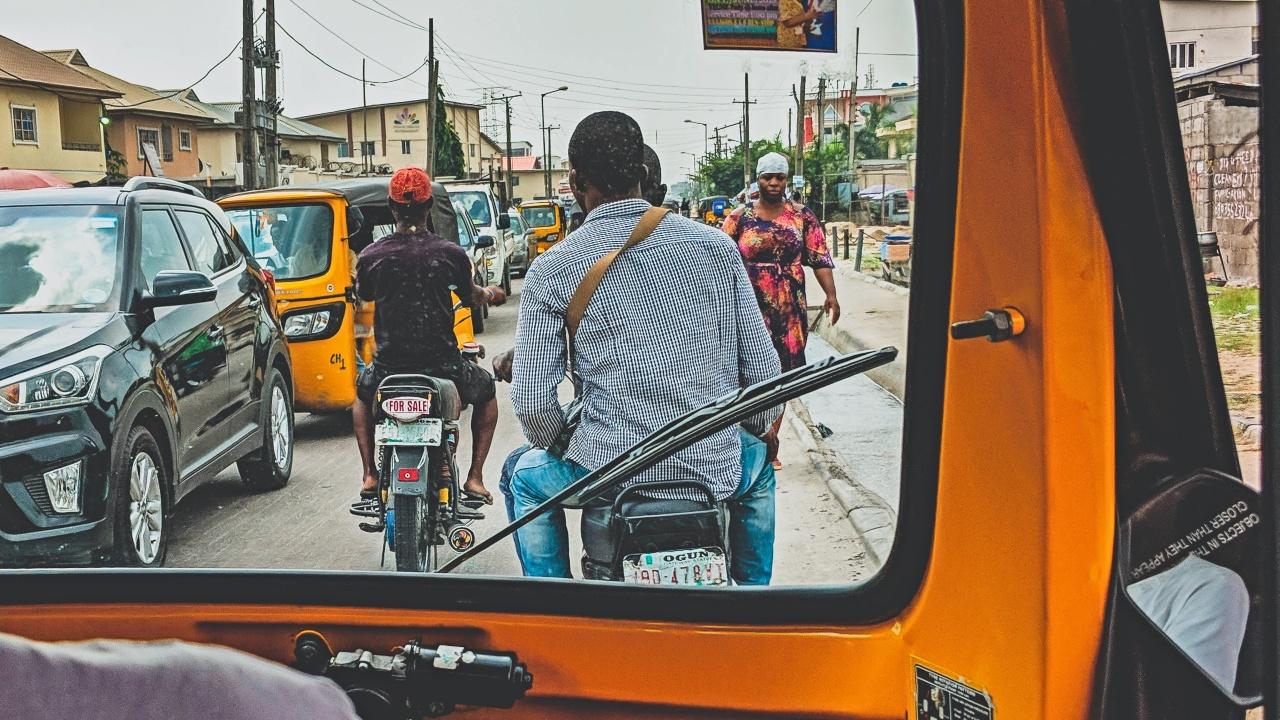We continue our commemoration of 2013 World Aids Day with LSE alumnus Waiswa Nkwanga reporting on a new drug that could transform the struggle against Aids in African countries.
During the World Aids Day last year, I wrote a piece on this blog in which I pointed out that there is a big problem with the approach that the global fight against Aids has taken in Africa. Namely, the blind focus on Antiretroviral (ARV) provisioning while ignoring the crumbling healthcare systems across the continent, which seems to negate the little progress made in the fight against Aids. I still believe this is a serious issue in need of urgent attention, but my recent work on Pre-exposure prophylaxis (PrEP) , a relatively new prevention medication, has increased my confidence that the battle against Aids can be won.
 Over the past couple of months, I have worked on a project that seeks to understand the drug’s spread and adoption in USA. PrEP means that a person takes the HIV treatment pill Truvada every day before they are exposed to the virus to prevent becoming infected. It is recommended that Truvada is taken while using condoms, but the drug can still be very effective among those who do not use condoms regularly if they take the tablets as prescribed. At least two studies have found that taking Truvada for PrEP everyday could be nearly 100 percent effective for both women and men.
Over the past couple of months, I have worked on a project that seeks to understand the drug’s spread and adoption in USA. PrEP means that a person takes the HIV treatment pill Truvada every day before they are exposed to the virus to prevent becoming infected. It is recommended that Truvada is taken while using condoms, but the drug can still be very effective among those who do not use condoms regularly if they take the tablets as prescribed. At least two studies have found that taking Truvada for PrEP everyday could be nearly 100 percent effective for both women and men.
So far, evidence suggests a rather slow spread in the US due in large part to the absence of vigorous awareness campaigns as well as poor support from providers, making coverage all but clear. However, little is known about how PrEP is spreading in the developing world, where it is likely to have the most impact. Yet if we look at, for example, Uganda which has long been regarded as a success story and one of the countries that participated in PrEP studies, we find that there are major barriers.
Earlier this year, a newspaper in Uganda, The New Vision, reported that the Ministry of Health was rejecting PrEP “because it is expensive”. One official said that the Ministry was going to “concentrate on giving ARVs to an HIV-positive partner”. Cost is one barrier. Another is that the government fears that Pre-exposure Prophylaxis would increase promiscuity.
These are legitimate concerns that cannot be ignored. Perhaps this is why the great bulk of preventative approaches to date has focused on the three traditional methods of preventing HIV: condoms, abstinence and faithfulness. These methods are not only readily accessible and cost less, if not nothing, but may also reduce bad behaviour. But how effective are they?
The truth is: less than we think. We know, for example, that not many people, young people in particular, will abstain, much less use condoms, when engaging in sexual activity. Beyeza-Kashesya et al spent a year studying condom use among a cohort of 501 HIV-negative and 276 HIV-infected young women and men aged between 15-24 years in Uganda. Their findings were disappointing to say the least. Just 24 percent among the infected group and 38 percent in the negative group used condoms.
We also know that not all married couples are faithful. For example, the Beyeza-Kashesya et al study found that sixty percent of new HIV infections in Uganda occur in stable relationships between HIV discordant couples. Finally, we know that there are and will always be mixed status couples. It is not totally inconceivable that such couples would want to have unprotected sex or that something could go wrong with condoms. But aren’t those people getting what they deserve, and hence take full responsibility if they get infected? Not exactly, and compared with the risks, promiscuity hardly matters.
Prevention is the best way to fight any disease and the more weapons we have at our disposal the more likely it is that we will defeat Aids. The developing world should give PrEP a chance. Our focus should be finding ways, first, to increase awareness, and second, to make Truvada accessible and affordable to those who need it.
Waiswa Nkwanga graduated from LSE in 2012, majoring in International Development and Humanitarian Emergencies.





